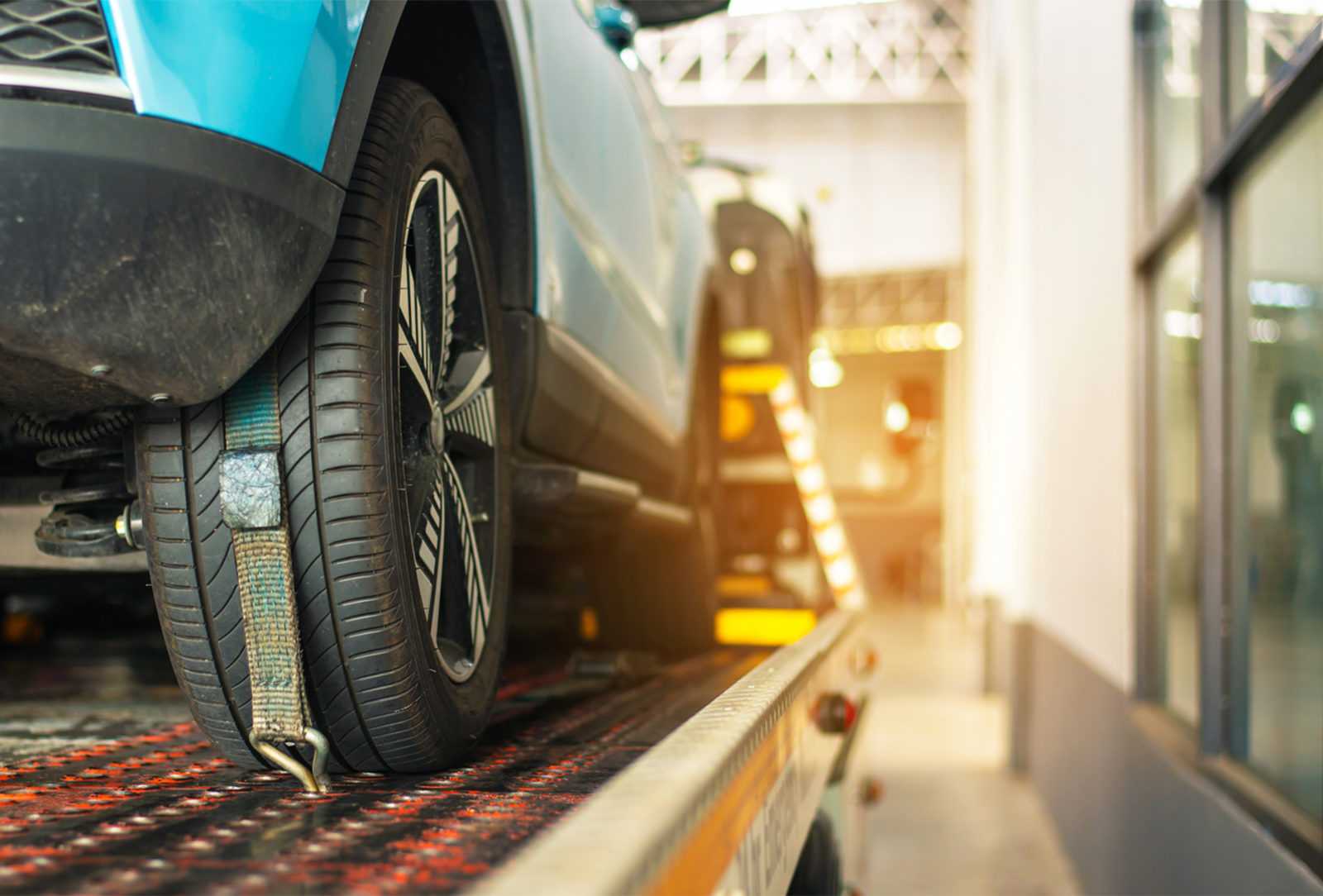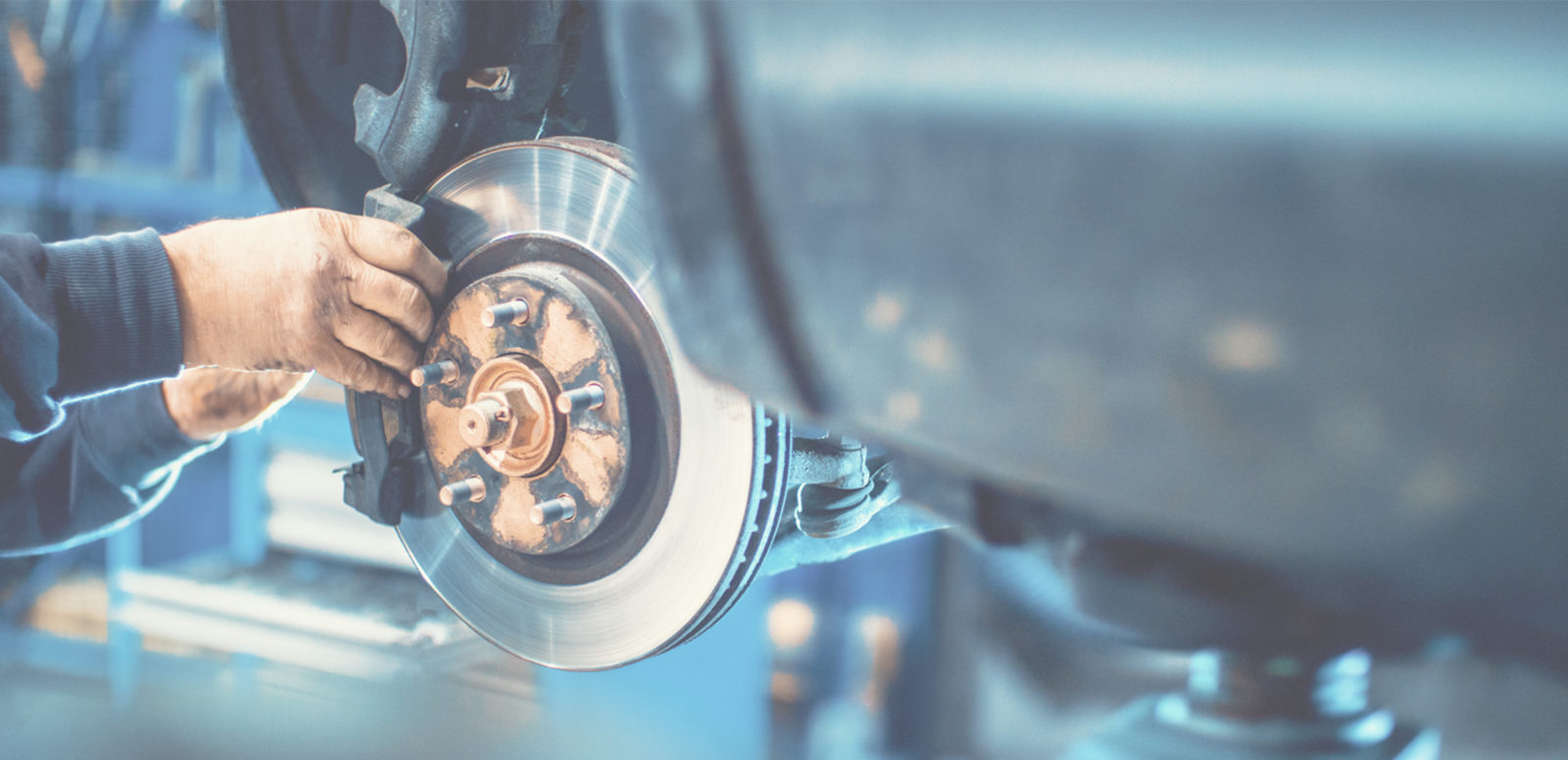
Vehicles Covered by Lemon Law
The California Lemon Law covers new or used vehicles with a valid warranty from the auto manufacturer. Most importantly, the lemon law sets specific criteria for vehicles to be considered defective.
THE CALIFORNIA LEMON LAW COVERS THESE VEHICLES:
- Cars, trucks, vans, SUVs and other motor vehicles
- New, used or Certified Pre-Owned vehicles
- Dealer-owned vehicles or “demonstrators”
In addition, the vehicle must be:
- Registered for personal, family or household use, or
- Registered to businesses with no more than five registered vehicles and,
- Bought or leased from a licensed dealership in California
These vehicles are NOT covered under the lemon law:
- Not registered under the California Vehicle Code
- Purchased outside of California (unless serving in Armed Forces)
- Purchased from private sales or auctions
- Sold “as-is”
- Purchased after the manufacturer warranty has expired
- Problems caused by abuse or lack of maintenance




